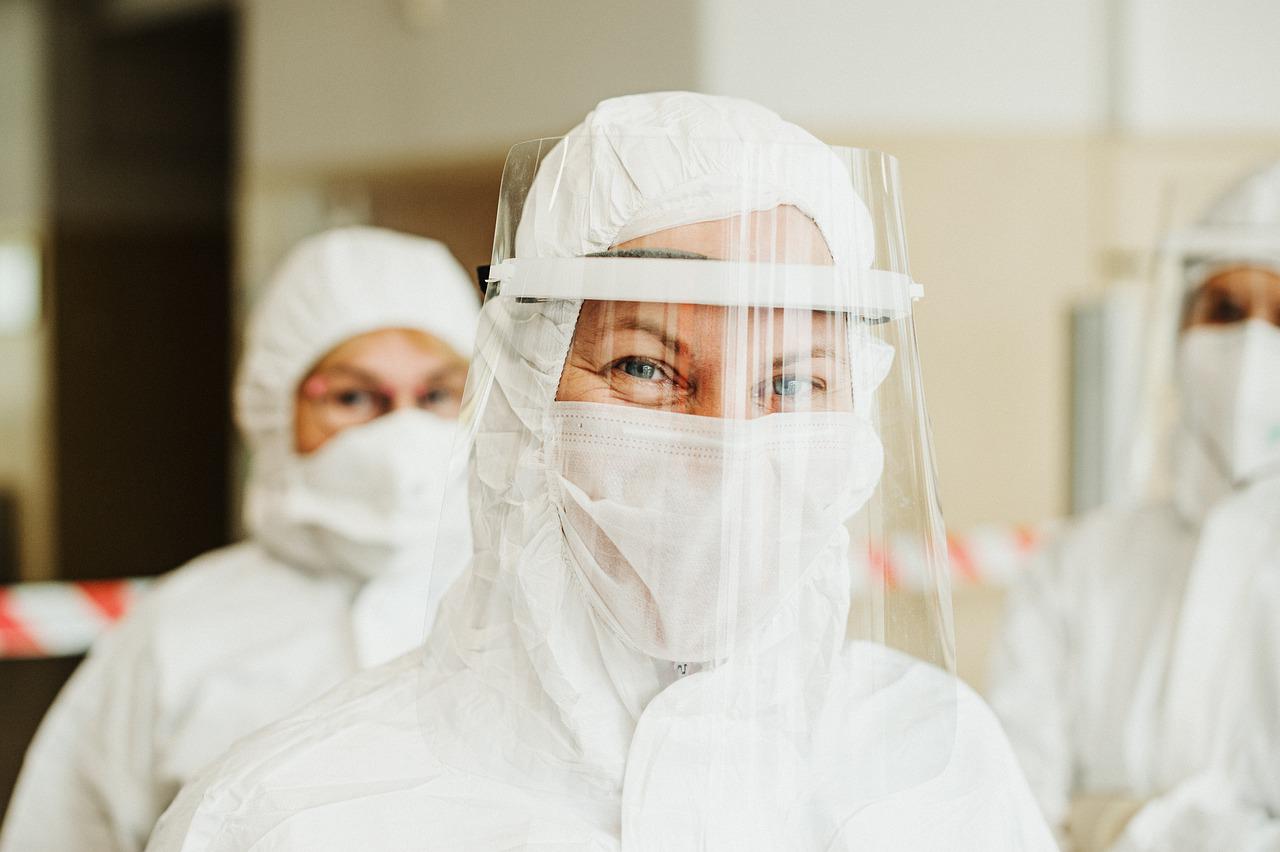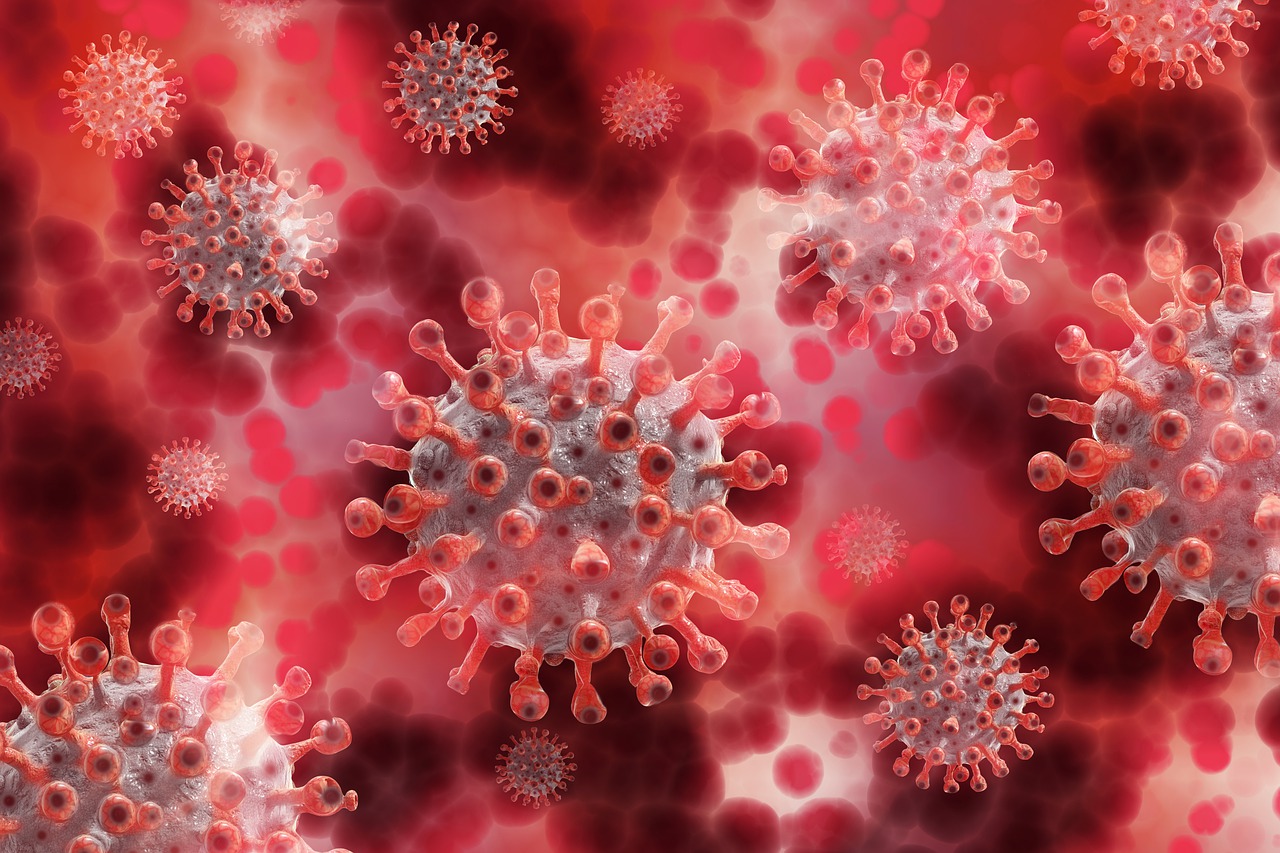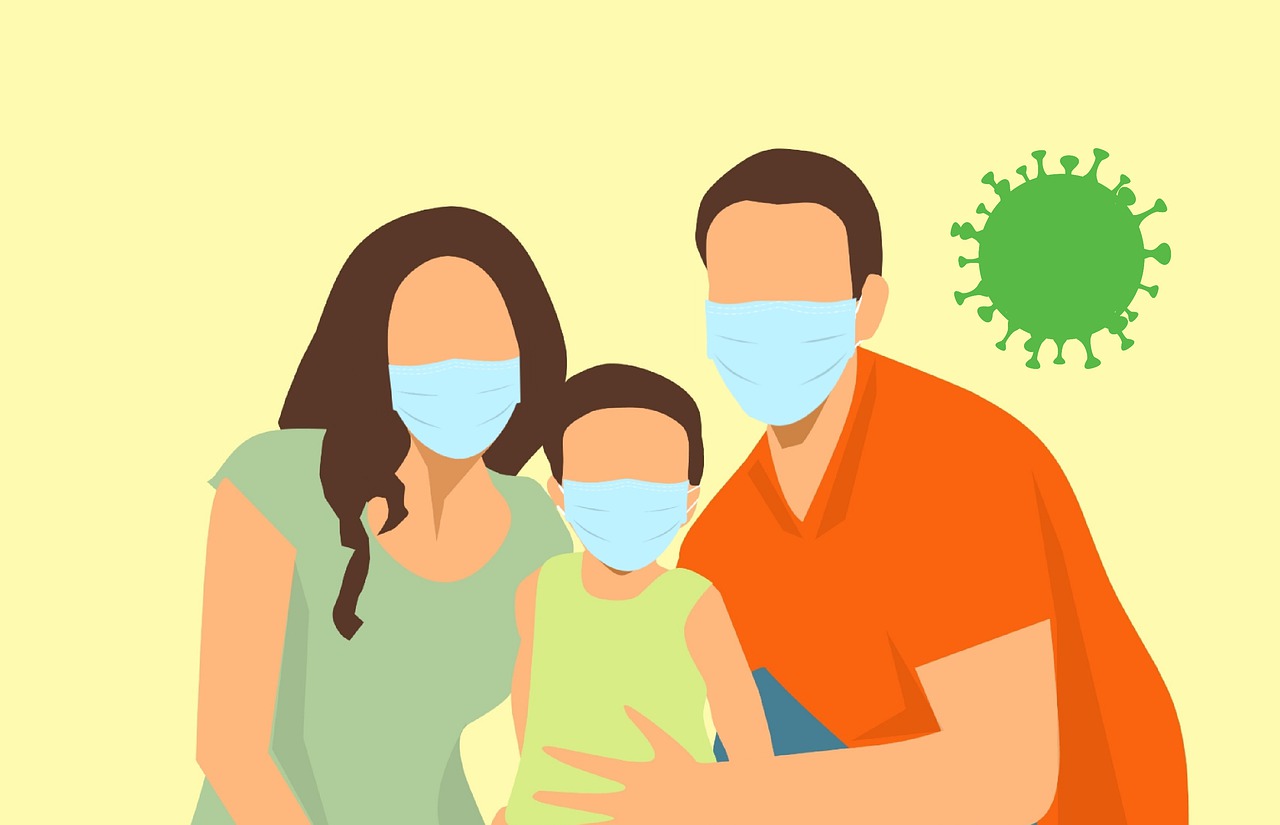
An infection that reveals no indications of disappearing, variants that are proficient at evading the body's defenses, and waves of infections two, maybe 3 times a year-- this may be the future of Covid-19, some researchers now fear. The main issue is that the coronavirus has actually ended up being more proficient at reinfecting individuals. Already, those infected with the first Omicron variant are reporting 2nd infections with the newer variations of the version-- BACHELOR'S DEGREE.2 or BA2.12.1 in the United States, or BA.4 and Bachelor's Degree.5 in South Africa. Those people may go on to have 3rd or 4th infections, even within this year, scientists stated in interviews. And some small portion may have signs that persist for months or years, a condition referred to as long Covid. "It seems likely to me that that's going to sort of be a long-lasting pattern," said Juliet Pulliam, an epidemiologist at Stellenbosch University in South Africa.

"The infection is going to keep progressing," she included. "And there are probably going to be a great deal of individuals getting numerous, many reinfections throughout their lives." It's challenging to measure how frequently individuals are reinfected, in part since numerous infections are now going unreported. Dr. Pulliam and her associates have actually collected enough data in South Africa to state that the rate is higher with Omicron than seen with previous variants. This is not how it was expected to be. Earlier in the pandemic, professionals believed that immunity from vaccination or previous infection would prevent most reinfections. The Omicron variation dashed those hopes. Unlike previous variants, Omicron and its numerous descendants seem to have actually progressed to partially evade resistance. That leaves everyone-- even those who have been vaccinated several times-- susceptible to numerous infections. "If we handle it the manner in which we handle it now, then most people will get contaminated with it at least a couple of times a year," said Kristian Andersen, a virologist at the Scripps Research Institute in San Diego.

"I would be extremely surprised if that's not how it's going to play out." The new variants have not altered the fundamental usefulness of the Covid vaccines. Most people who have gotten three and even just two dosages will not become ill sufficient to require medical care if they evaluate positive for the coronavirus. And a booster dose, like a previous bout with the virus, does appear to reduce the chance of reinfection-- but not by much. At the pandemic's start, lots of professionals based their expectations of the coronavirus on influenza, the viral foe most familiar to them. They forecasted that, just like the influenza, there might be one huge break out each year, more than likely in the fall. The way to minimize its spread would be to immunize individuals prior to its arrival. Rather, the coronavirus is acting more like four of its carefully related cousins, which circulate and trigger colds year round.

While studying common-cold coronaviruses, "we saw individuals with multiple infections within the space of a year," stated Jeffrey Shaman, an epidemiologist at Columbia University in New York. ImageClem Williams, 76, got a booster shot in Durham, N.C., this month.Credit ... Veasey Conway for The New York Times If reinfection ends up being the standard, the coronavirus is "not going to simply be this winter season once-a-year thing," he stated, "and it's not going to be a mild problem in regards to the quantity of morbidity and death it triggers." Reinfections with earlier versions, including Delta, did take place however were relatively infrequent. However in September, the speed of reinfections in South Africa seemed to get and was noticeably high by November, when the Omicron variation was determined, Dr. Pulliam stated. Reinfections in South Africa, as in the United States, might seem much more obvious because numerous have been inoculated or contaminated at least once by now.

"The understanding amplifies what's actually going on biologically," Dr. Pulliam stated. "It's simply that there are more individuals who are qualified for reinfection." The Omicron variant was various enough from Delta, and Delta from earlier versions of the infection, that some reinfections were to be expected. But now, Omicron appears to be progressing brand-new types that permeate immune defenses with reasonably couple of modifications to its hereditary code. "This is in fact for me a bit of a surprise," stated Alex Sigal, a virologist at the Africa Health Research Institute. "I believed we'll need a type of new variation to leave from this one. However in truth, it looks like you do not." An infection with Omicron produces a weaker immune action, which seems to wane quickly, compared with infections with previous variants. Although the more recent variations of the variation are closely associated, they vary enough from an immune perspective that infection with one doesn't leave much defense against the others-- and certainly not after 3 or 4 months.

Still, the good news is that many people who are reinfected with brand-new versions of Omicron will not become seriously ill. At least at the moment, the virus has actually not hit upon a way to totally avoid the immune system. "That's probably as good as it gets for now," Dr. Sigal said. "The big threat might come when the variation will be entirely different." Each infection may bring with it the possibility of long Covid, the constellation of signs that can continue for months or years. It's too early to know how typically an Omicron infection causes long Covid, specifically in vaccinated people. To keep up with the developing virus, other specialists stated, the Covid vaccines need to be upgraded quicker, a lot more rapidly than flu vaccines are each year. Even an imperfect match to a new kind of the coronavirus will still widen resistance and use some security, they said.
"Every single time we think we're through this, each and every single time we believe we have the upper hand, the infection pulls a trick on us," Dr. Andersen stated. "The method to get it under control is not, 'Let's all get contaminated a few times a year and then hope for the very best.'" Click Here To Learn More
 Add Row
Add Row  Add
Add 




Write A Comment